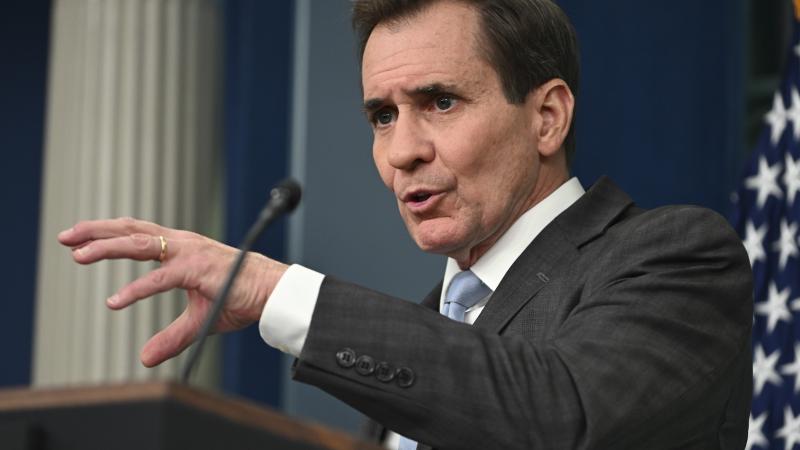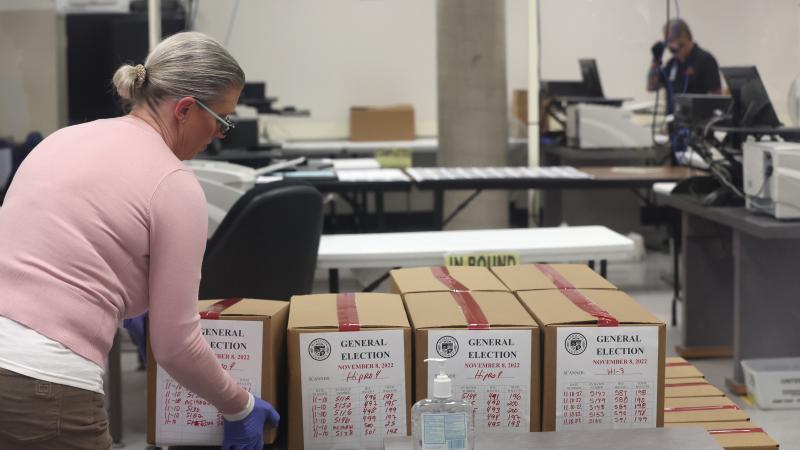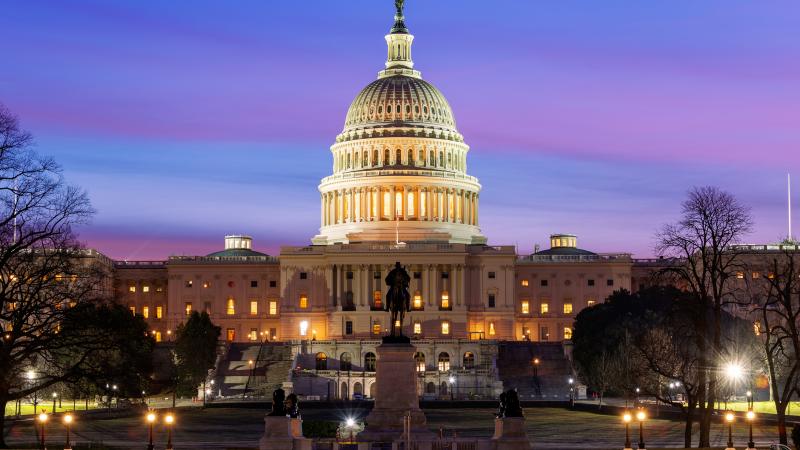Bill Gates on climate: 'Using just today's technologies won't allow us to meet our ambitious goals'
About 45% of the carbon emissions reductions needed will come from technology that hasn't been developed yet, U.S. Commerce Secretary Gina Raimondo says.
Microsoft co-founder Bill Gates said the U.S. government cannot rely solely on existing technology to reach net zero emissions.
An expert featured at the White House and State Department's climate change summit made a similar statement, saying that about half of the emissions reductions needed will come from technology that hasn't been developed yet.
"Climate change is an incredibly complex issue, and using just today's technologies won't allow us to meet our ambitious goals," Gates said at the Leaders Summit on Climate organized by the White House and the State Department Friday. "The reason is that almost all of our zero-carbon technologies are more expensive than their fossil fuel counterparts.
"To provide all the benefits of the modern lifestyle to people around the world, we need new zero-carbon products that are just as affordable, that have what I call a green premium of zero. Now, it will be hard to create those products, but we could do it if we invest in innovation and build the infrastructure for the transition to a clean economy."
Gates said that "doing three things at once" will be required to reach net zero emissions.
"First, we need to develop and deploy breakthrough technologies that allows to eliminate emissions throughout the physical economy," he said. "Second, we need to tap the power markets to fund and deploy these innovations, for example, by finding creative ways to finance technologies, and by leveling the playing field, so they can compete with fossil fuels.
"Third, governments and corporations need to adopt policies that will make it faster and cheaper to make the transition, and leaders will need to reward those who take difficult steps. To accomplish these three things, international cooperation will be essential."
Gates said he's working on a new program called breakthrough energy catalyst.
"It will raise money from governments, philanthropy and companies to make the large capital investments needed to bring down the cost of emerging technologies," he explained. "By taking steps like this to create the financing structures that will allow green products to succeed, we can build new industries and companies that support communities around the world with good jobs, while making the transition to the clean economy."
Gates concluded that "if we take all these steps together, I believe we can avoid a climate disaster."
Dr. Fatih Birol, executive director of the International Energy Agency, outlined some figures from studies his organization has conducted.
"About half the reductions to get to net zero emissions in 2050 will need to come from technologies that are not yet ready for market today," he said at the summit. "This calls for massive leaps of innovation — innovation across batteries, hydrogen, synthetic fuels, carbon capture and many other technologies."
U.S. Commerce Secretary Gina Raimondo agreed with Birol's figures.
"You remind us all of the urgency with which we must do this work," she said. "And it is a stunning statistic, really, to think that 45% of the emissions reductions we need must come from technologies that aren't fully developed today, so it's really a call to action for all of us and the innovators in our country to continue to push as it relates to new technology and innovation."
President Biden's $2 trillion American Jobs Plan seeks to spend more than $600 billion on renewable energy initiatives, including research and development, retrofitting public schools and federal buildings, as well as developing electric school buses.
The 2009 American Recovery and Reinvestment Act contained about $90 billion that was directed toward green energy development. Former President Obama put then-Vice President Biden in charge of implementing the Recovery Act. Among the funds distributed, there was $535 million that went to the solar company Solyndra, which later went bankrupt.
















